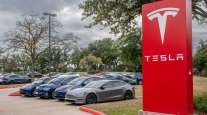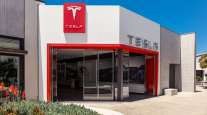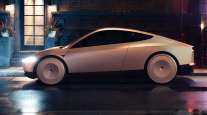Bloomberg News
Judge: Tesla Must Face Suit Alleging Buyers Were Misled
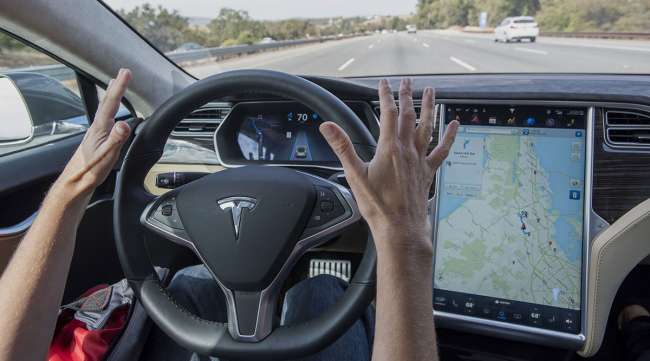
[Stay on top of transportation news: Get TTNews in your inbox.]
Tesla Inc. must face a proposed class-action lawsuit alleging that it misled consumers about its cars’ self-driving capabilities, a fresh setback for the electric car maker just as CEO Elon Musk has staked the company’s future on autonomy.
Tesla has been accused of overstating in 2016 that all its upcoming cars would have the “hardware needed for full self-driving capability” and would be able to drive themselves from Los Angeles to New York City by the end of 2017.
“If Tesla meant to convey that its hardware was sufficient to reach high or full automation,” the complaint “plainly alleges sufficient falsity,” U.S. District Judge Rita Lin wrote in an order May 15.
Musk declared in April that Tesla is “going balls to the wall for autonomy” while committing the car maker to a next-generation, self-driving vehicle concept called the robotaxi. The billionaire entrepreneur has talked a big game about autonomy for over a decade and has persuaded customers to pay thousands of dollars for its Full Self-Driving feature. The name is a misnomer — FSD requires constant supervision and doesn’t render vehicles autonomous — but Musk has repeatedly predicted it’s on the verge of measuring up to the branding.
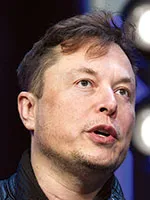
Musk
RELATED: Tesla Stock Leaps on Reports of Chinese Approval of FSD
Meanwhile, the company faces federal probes into whether defects in its Autopilot driver-assistance feature have contributed to fatal crashes, as well as regulatory investigations and lawsuits over claims that it has overhyped its progress toward hands-free driving. Last month, the National Highway Traffic Safety Administration opened a probe into whether the EV maker’s recall of more than 2 million cars months earlier adequately addressed Autopilot safety risks.
RELATED: Spate of Self-Driving Probes Points to Higher Safety Bar
Tesla didn’t immediately respond to a request for comment.
To retread or not to retread, that is the question. For some maintenance managers, the debate between purchasing new tires or retreads is constant. In this episode, host Michael Freeze finds answers about tires with Alex Aguilar, senior training specialist at Bridgestone Americas. Tune in above or by going to RoadSigns.ttnews.com.
California resident Thomas LoSavio, who filed the complaint, says he bought a new Tesla in 2017 and paid an extra $8,000 for FSD. He alleged that statements by Tesla and Musk led him to believe that his car would have self-driving technology within a “reasonably short period.” But by 2022, Tesla hadn’t produced “anything even remotely approaching a fully self-driving car,” according to his complaint.
LoSavio brought the complaint on behalf of anyone who bought or leased a new Tesla vehicle with Autopilot, Enhanced Autopilot or FSD since 2016.
Without ruling on the merits of his claims, the judge said LoSavio sufficiently alleged certain 2016 statements were misleading, such as all “Tesla vehicles produced in our factory now have full self-driving hardware” and that the cars would be able to drive themselves across the country “by the end of next year without the need for a single touch.”
While Lin allowed some negligence and fraud claims to proceed, she dismissed other claims. Her ruling lets pretrial fact-finding move forward. A decision on whether the case qualifies for class-action status will come later.
Want more news? Listen to today's daily briefing below or go here for more info:



